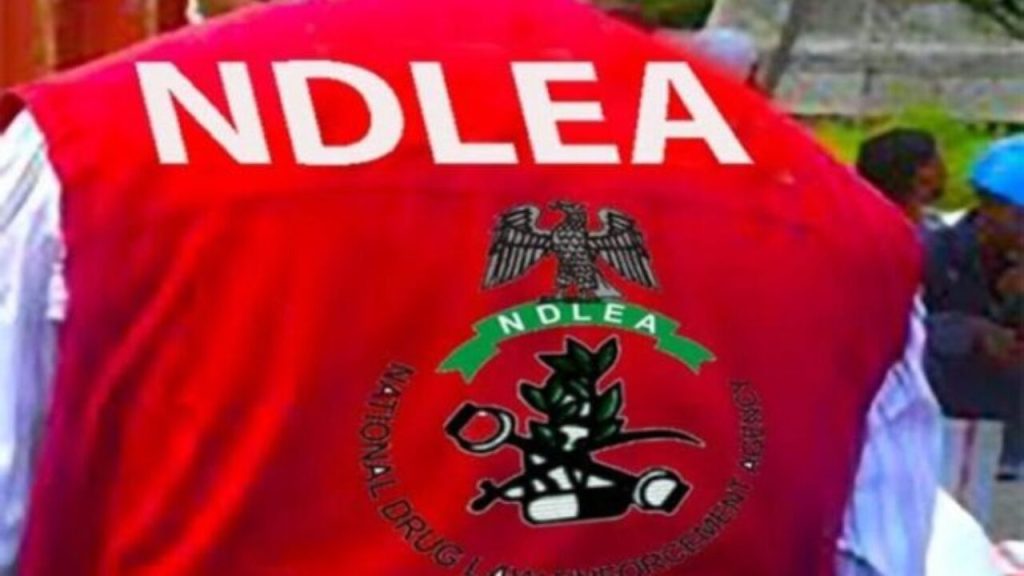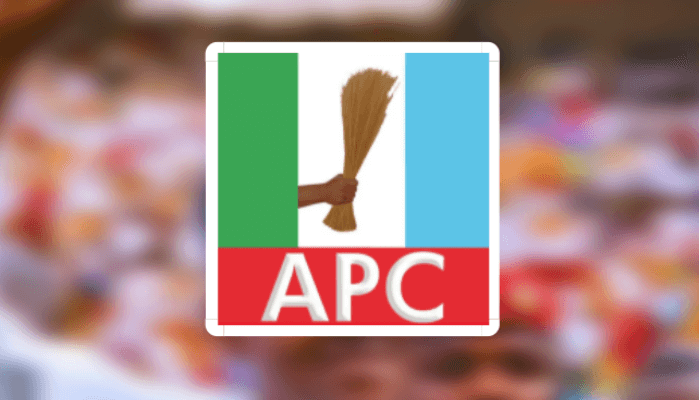A prominent Nigerian socio-cultural organization, Ohanaeze Ndigbo Worldwide, has applauded President Bola Tinubu’s approval of the South-East Investment Company (SEIC), a subsidiary of the newly established South-East Development Commission (SEDC). The group also recognized Southeast lawmakers in the National Assembly for spearheading the initiative. However, it simultaneously raised concerns over perceived regional exclusion in recent federal appointments, calling for equitable representation.
In a statement issued Monday in Enugu, Ohanaeze’s National Publicity Secretary, Ezechi Chukwu, highlighted the company’s potential to catalyze economic growth in the Southeast. The SEIC, approved by Tinubu in July, aims to boost industrialization, attract private investment, and enhance regional competitiveness. Chukwu cited Ohanaeze President-General Sen. Azuta Mbata, who described the initiative as a “viable stimulant for sustainable economic ventures,” emphasizing its dual role in generating revenue and fostering long-term development.
The organization stressed the importance of private-sector collaboration, urging adherence to “professionalism, transparency, and accountability” to ensure the venture’s success. However, it criticized the Tinubu administration’s recent reconstitution of leadership positions in federal institutions—including the Bank of Industry and other key agencies—arguing that the Southeast and South-South regions were overlooked. These entities, Ohanaeze noted, play pivotal roles in national economic reforms, warranting inclusive leadership to reflect Nigeria’s diversity.
Chukwu described the appointments as “discriminatory” and a departure from constitutional principles of Federal Character, which mandate equitable representation across Nigeria’s regions. “Such lopsided considerations compromise national equity,” he stated, urging Tinubu to “address this imbalance to uphold fairness and justice.” The appeal underscores broader tensions over regional inclusivity in federal governance, a recurring issue in Nigeria’s political landscape.
While commending progress on the SEIC, Ohanaeze’s dual stance reflects the complex interplay between localized economic development and nationwide equity concerns. The group’s call for redress aligns with longstanding debates about balancing regional aspirations with national cohesion in Africa’s most populous nation.



![angela okorie re arrested over lawyer fee refusal Angela Okorie re-arrested over alleged refusal to pay lawyer who secured her bail [VIDEO]](https://mediatalkafrica.com/wp-content/uploads/2026/02/xAngela-Okorie-Re-arrested-Over-Lawyer-Fee-Refusal-1024x1024.jpg.pagespeed.ic.lPfjGcajP2.webp)